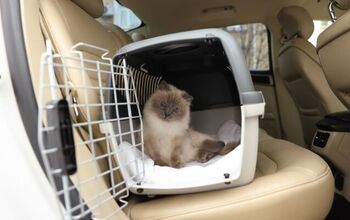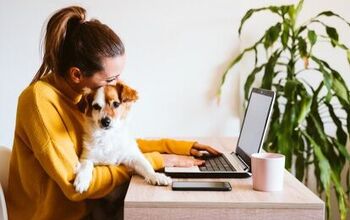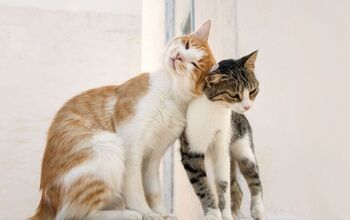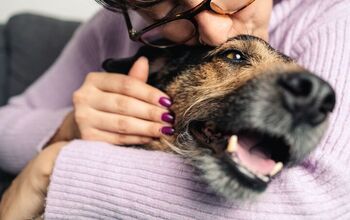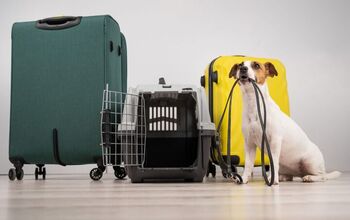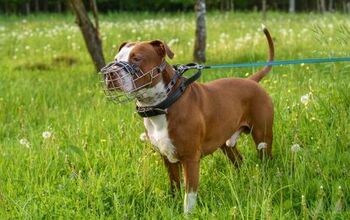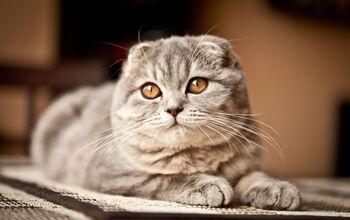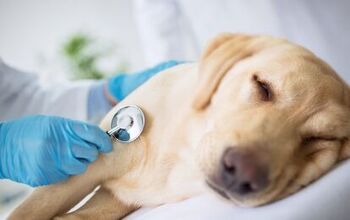The rivalry between cats and dogs is an age-old thing. Many pet owners are divided in their affections, as some adore kitties, but others are strictly doggo lovers. And this rivalry poses an intriguing question – could there be a difference between cats and dogs? While both are cuddly and loveable, they are inevitably different. So, could it be possible that dogs are smarter than cats, or vice versa? This is a popular question in the scientific world, and many tried answering it. Let’s see what they came up with.Are Dogs Smarter than Cats? For ages, the debate on the rivalry between cats and dogs has been ongoing. Ultimately, however, it all depends on how you define “smart”. Dogs are often loved for their obedience, their ability to be trained and follow commands, their unwavering loyalty, and their excellent guardian traits. Cats, on the other hand, are known for their independence, their adaptability and problem-solving skills, their free and restless spirit, and their cuddly nature. So, as we can see, while generally different in personalities, both of these animals possess certain cognitive skills – but is one smarter than the other?Recent studies have revealed that both dogs and cats possess unique cognitive abilities suited to their respective lifestyles and evolutionary histories. Meaning, they are completely different animals. Dogs, for example, originated from domesticated canines, far, far back in history. They were bred over thousands of years to work alongside humans, protect flocks, help with hunting, and guard homes. This, in turn, has likely influenced their ability to understand and communicate with us, and to be so devoted as pets. But cats are different. In stark contrast to doggos, cats have retained more of their wild instincts, allowing them to thrive in a variety of environments and situations.All of this means that you can’t really compare the intelligence of a cat and that of a dog. It’s like comparing apples and oranges – it just doesn’t go. Each animal excels in different areas and possesses different strengths. It's more accurate to appreciate the unique qualities of each species rather than trying to determine which one is "smarter."But even so, scientists tried to reach a decisive conclusion. They studied both cats and dogs and ultimately reached an answer - at least, scientifically speaking. Their research shows that dogs are smarter than cats! Some of you might find this answer surprising but don’t raise a revolt just yet. Cats are super intelligent even so. It’s just that they are likely not as smart as some dogs are. The secret is in “smartness” itself. Dogs are intelligent in their own way. They are generally more reliant on humans for problem-solving tasks, but they are adept at learning from observation and experience. They can also be trained to perform a wide range of tasks, from simple tricks to complex behaviors, such as guiding the visually impaired or detecting explosives. Cats, however, are natural hunters and possess excellent problem-solving skills. They are known for their agility, stealth, and ability to strategize when stalking their prey. In a domestic setting, cats demonstrate problem-solving abilities when navigating obstacles, finding hiding spots, and even manipulating objects to access food or toys. So, both of them have different positive traits and different types of intelligence. But it could be that dogs, with their ability to learn and obey commands, are just a tad bit smarter.







